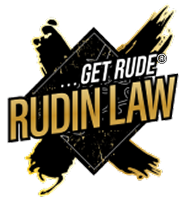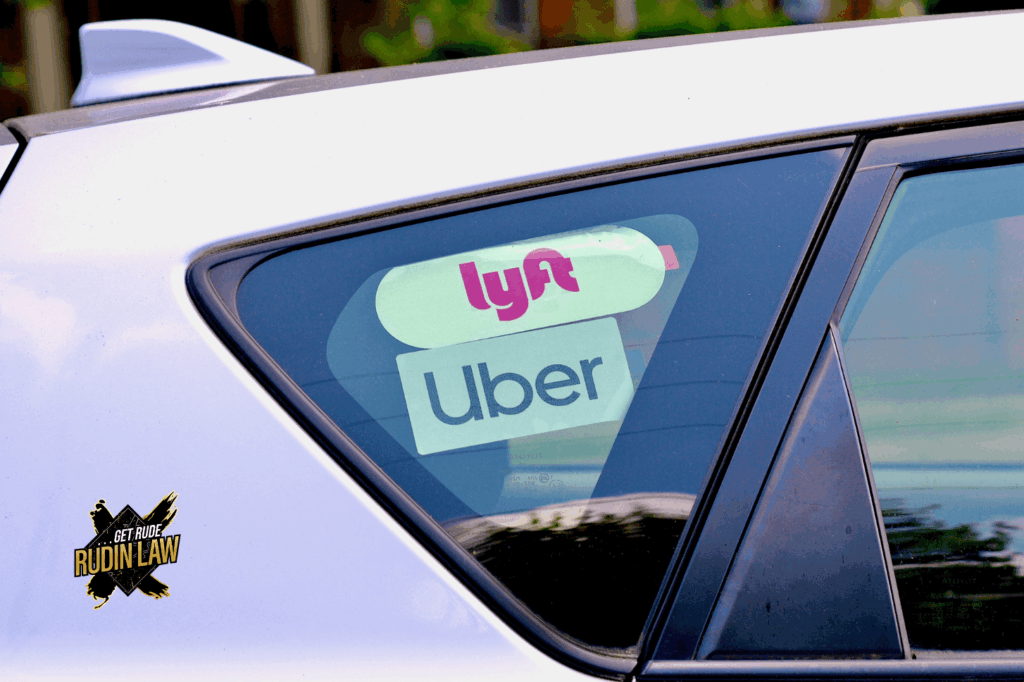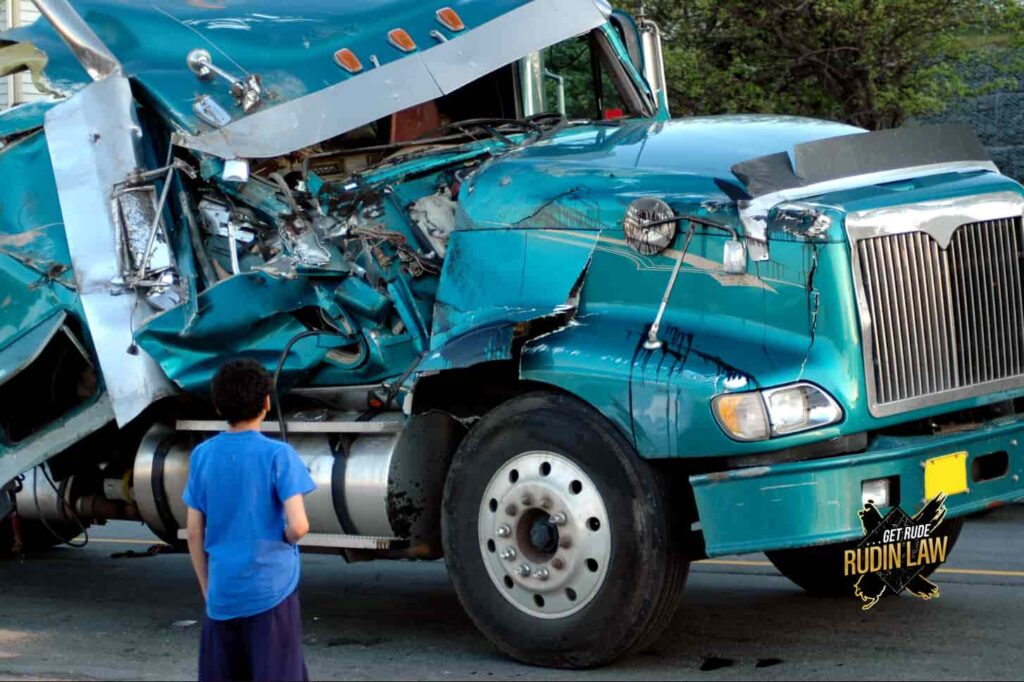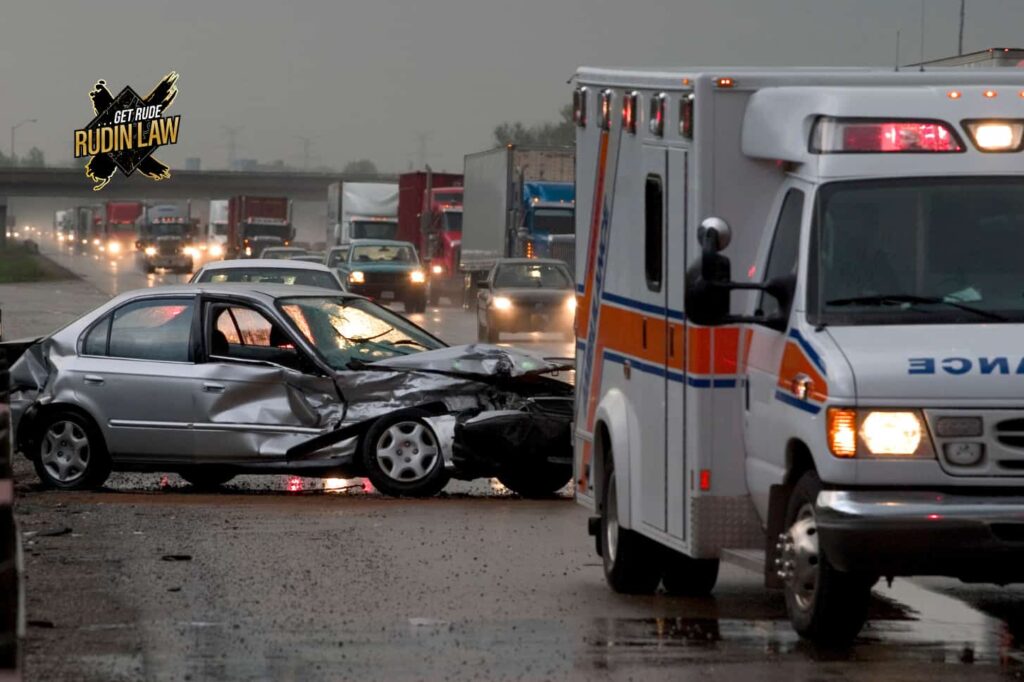You ordered a Lyft because it was the easiest way to get where you needed to go. Maybe you didn’t want to deal with parking, maybe you’d had a drink, or maybe it was just faster than driving yourself. But instead of a hassle-free ride, you ended up in a car accident in a Lyft. Now you’re staring at medical bills, missed work, and the stress of figuring out whether Lyft’s insurance company will pay.
Here’s the reality: Lyft and other rideshare companies don’t make it easy. Their insurance policies are complicated, their drivers are treated as independent contractors, and other drivers on the road may also be at fault. The only way to cut through their excuses is by taking the right steps now.
Steps That Still Matter After a Lyft Crash
Even if the crash is behind you, the steps you take now will decide whether your claim gets paid or denied. Insurance companies look for gaps and missing proof. Do not give them the opening.
- Get medical treatment. If you haven’t already, see a doctor even if you “feel fine.” Medical records are what connect your injuries to the crash.
- Make sure a police report exists. If officers responded, request a copy for your records. If they didn’t, you can still file one yourself. Louisiana law requires drivers to report any crash that causes injury, death, or more than $500 in property damage.
- Save every piece of evidence. Photos, witness names, app data, and even your receipts can strengthen your claim.
- Document your losses. Keep bills, treatment notes, proof of missed work, and anything that shows how the accident has cost you.
These steps aren’t busywork. They are the foundation of your claim. Skip these steps, and Lyft’s insurance company will argue that it isn’t their problem and they shouldn’t have to pay because either you were never really hurt, the crash wasn’t serious, or it wasn’t their fault.
Filing the Insurance Claim After a Lyft Accident
You’ve dealt with your immediate injuries and the aftermath of the crash. Now it’s time to take the step that officially puts your case on the table: filing the insurance claim.
Filing a claim after a Lyft crash is where most people start, but it’s not as simple as pressing a button in the app. Every word you give the insurance company will be used to minimize what they pay. Here’s how the process really works in Louisiana:
Step 1: Report the crash through the Lyft app
You’ll need to log the accident in the Lyft app. Keep it short. Stick to the facts: time, place, and that you were in a car accident in a Lyft. Do not guess about fault and do not overshare. Anything extra becomes ammunition for the insurer.
Step 2: Notify your own insurance company
Even as a passenger, your own policy may matter. Louisiana requires prompt notice, and coverages like MedPay or uninsured motorist protection can provide immediate relief. Waiting gives insurers another excuse to delay.
Step 3: File the claim with Lyft’s insurer
Lyft’s billion-dollar insurance company will assign a claims adjuster. Their job is not to protect you. Their job is to limit what Lyft pays. They’ll demand documents, such as medical bills, treatment records, police reports, proof you were on a Lyft ride, photos, and witness names. If you hand them sloppy or incomplete information, expect them to deny or delay.
Step 4: Document everything
From the ER bill to a Lyft ride receipt, save it all. Keep photos of your injuries. Keep a daily log of pain and missed work. Every piece of evidence makes it harder for Lyft’s insurer to downplay your losses.
Filing the claim gets the process started. Getting paid fairly is another fight altogether. That’s why most people who think they can “handle it themselves” end up needing a Lyft accident lawyer when the denials and lowball offers start rolling in.
Once the claim is filed, the next fight is determining who should pay for your injuries, and that’s where liability becomes the focus.
Who Could Be Held Liable After a Lyft Crash?
Liability in a Lyft crash can be challenging. Several parties may be responsible, and insurance companies will point fingers to dodge the bill:
- The Lyft driver: If the crash was caused by their negligence, such as speeding, texting, or driving drunk, they’re legally at fault under Louisiana law. But here’s the catch: most personal auto policies exclude coverage when a driver is working for a rideshare. That’s why Lyft’s insurance matters. With a passenger on board, their $1 million liability policy comes into play.
- Lyft’s insurance company: Lyft does everything it can to avoid being “directly” liable by classifying drivers as independent contractors. Still, when a driver is logged into the app with a passenger, Lyft’s insurance policy is available to cover injuries and damages. The fight is forcing the insurer to actually pay instead of hiding behind excuses.
- Another driver: If another motorist ran a light, rear-ended the Lyft, or otherwise caused the crash, their insurer is on the hook. But Louisiana only requires $15,000 in liability coverage per person (La. R.S. 32:900). If that’s all they carry, your medical bills can outstrip the policy before you’ve even left the ER.
The reality? Every insurer involved will try to minimize its share. Your attorney’s job is pinning down which parties are responsible and forcing their insurers to cover the damages.
How Fault Works in Louisiana
Since Louisiana is a fault state for car accidents, this means whoever causes the crash, or their insurer, is legally responsible for paying damages. The state also follows pure comparative fault. That rule lets you claim compensation even if you were almost entirely at fault. For example, if you were 99% at fault, you could still recover 1% of your damages.
In Lyft accidents, that matters because multiple parties can share the blame. The rideshare driver, another motorist, or both may be responsible. Sorting that out is not simple, and without the right strategy you could end up paying for someone else’s mistakes.
Change coming January 1, 2026: Starting January 1, 2026, Louisiana switches to a modified comparative fault system. Under the new law, if you’re found to be 51% or more at fault, you’re not getting anything. Zero. That raises the stakes in every fault fight, so strong legal representation is no longer optional; it’s essential.
Policy Limits and When a Claim Becomes a Lawsuit
Insurance companies hide behind policy limits. Lyft’s million-dollar policy sounds big, but it disappears fast if multiple passengers are injured. Another driver’s coverage may be only the Louisiana minimum.
When coverage gaps leave your bills unpaid or insurers lowball your claim, it’s lawsuit time. In Louisiana, you have two years from the crash to file. Insurers stall and delay, hoping you miss the deadline. Miss it, and your case is gone forever.
At that point, discovery, depositions, and trial come into play. Insurance companies know who folds and who fights.
At RUDIN LAW, we follow the R-U-D-E Method. We don’t let insurance companies control the conversation. We build pressure. We demand justice. And we make sure they know you’re not going away quietly.
RESEARCH: Let’s get started with a chat! We’ll walk you through a consultation, pinpointing potential problems and asking for any necessary documents.
UNDERSTAND: By the end, we’ll have a clear understanding of your legal concerns and be able to offer valuable insights and solutions to move forward.
DEVELOP: We’ll develop a customized legal strategy tailored to your specific situation, addressing your concerns and goals.
EXECUTE: We’ll implement the legal strategy, providing expert guidance and advocacy to achieve the desired outcome.
Lyft Accident Left You Injured? Time to STOP BEING POLITE® and…GET RUDE® with RUDIN LAW
You didn’t get into a Lyft so you could argue with insurance companies about policy limits. You didn’t download the Lyft app to be left with medical bills and missed work. You were hurt because a rideshare driver, another driver, or both were negligent.
At RUDIN LAW, we don’t let Lyft’s insurance companies point fingers and drag things out. We go after each responsible party: the Lyft driver, other drivers, and the billion-dollar rideshare companies behind them. We fight for every dollar the law allows.
Looking online for a “rideshare lawyer near me” who doesn’t fold when the pressure’s on? Our New Orleans injury attorneys know how to take on rideshare companies and their insurers — and win.
And you don’t pay us unless we win. Period.
If you were injured in a rideshare accident in New Orleans or the Orleans area, call RUDIN LAW at (504) 500-5504(504) 500-5504 for a FREE case review. Or fill out our confidential online form, and our legal team will start working for you.
Get injured in a Lyft? Get Help. Time to STOP BEING POLITE® and…GET RUDE® with RUDIN LAW.
Copyright © 2025. RUDIN LAW. All rights reserved.
The information in this blog post (“post”) is provided for general informational purposes only and may not reflect the current law in your jurisdiction. No information in this post should be construed as legal advice from the individual author or the law firm, nor is it intended to be a substitute for legal counsel on any subject matter. No reader of this post should act or refrain from acting based on any information included in or accessible through this post without seeking the appropriate legal or other professional advice on the particular facts and circumstances at issue from a lawyer licensed in the recipient’s state, country, or other appropriate licensing jurisdiction.
RUDIN LAW
5500 Prytania St. #404
New Orleans, LA 70115
(504) 500-5504(504) 500-5504
https://www.GetRude.com/




